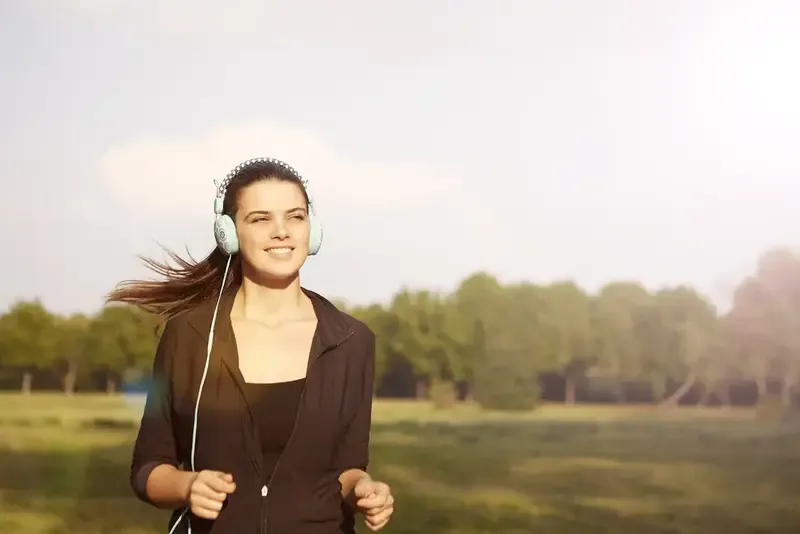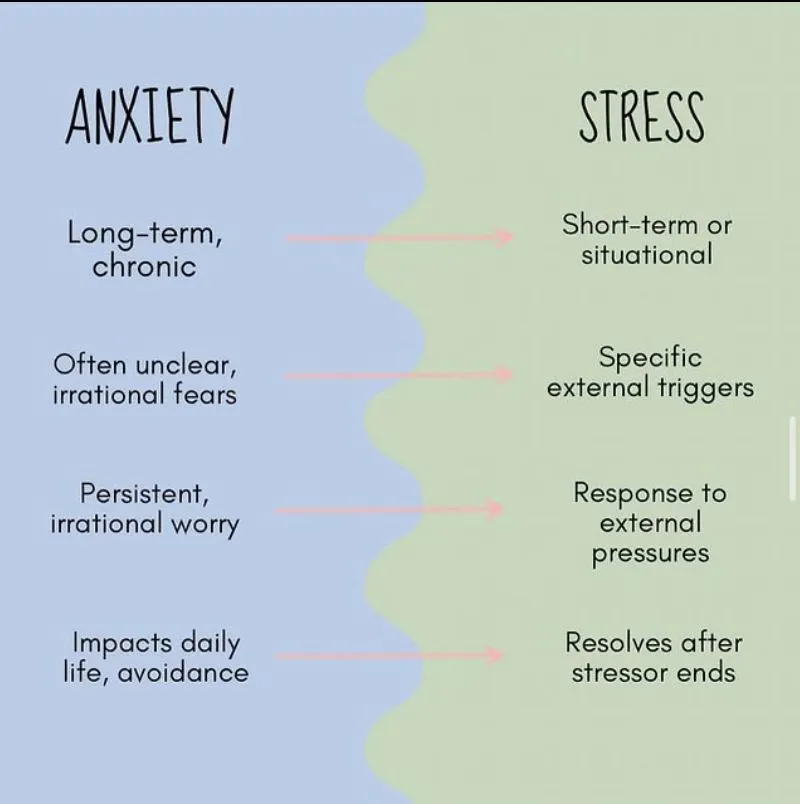Mindful walking intervention showed significant stress reduction with adjusted perceived stress differences of −8.8 points in the intervention group compared to −1.0 in the control group after 4 weeks
Nature-based walking interventions significantly improved positive mood, optimistic emotion, mental well-being, and nature connectedness while reducing rumination, anxiety and stress
Stanford research shows that walking boosts creative thinking by 60% and reduces stress hormones by 20%. Discover how mindful walking creates space for emotional processing when talking feels too overwhelming, and why movement sometimes speaks louder than words.
The Emotional Benefits of Mindful Walking
Creating Space for Emotional Processing
Simple Techniques for Walking Meditation
Walking Away from Stress and Anxiety
Building a Daily Practice of Emotional Wellness
Walking as Active Self-Compassion
When Movement Prepares You for Connection
Conclusion: Every Step Toward Emotional Wellness
Even 10-15 minutes of mindful walking can provide emotional benefits. The key is intention and awareness rather than duration. Start with what feels comfortable and gradually extend your walks as the practice becomes more natural. Quality of attention matters more than quantity of time.
If strong emotions arise during walking, it's okay to pause and take a few deep breaths. You can sit down if needed, or gently redirect your attention to the physical sensations of walking. Remember, feeling emotions is part of the healing process, but you're always in control of how much you engage with them.
Yes, walking activates the body's natural stress-relief mechanisms. The combination of physical movement, fresh air, and mindful awareness helps process stress hormones and calm the nervous system. Many people find that anxiety naturally decreases during and after mindful walks, and regular practice builds emotional resilience over time.
Both have benefits. Solo walking allows you to fully tune into your inner experience without social considerations. Walking with a trusted friend can provide support and shared processing. For intense emotions, start with solo walking to create initial clarity, then consider sharing your insights with supportive listeners.





